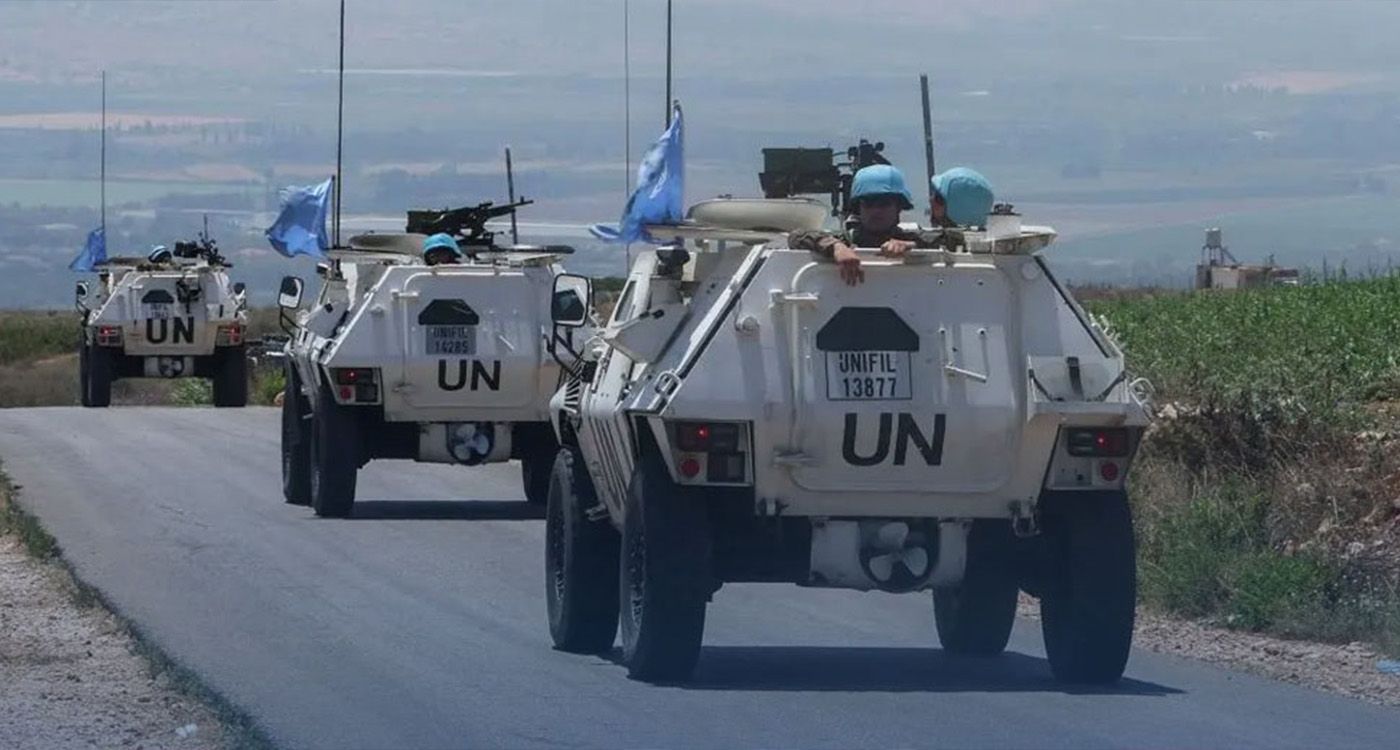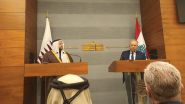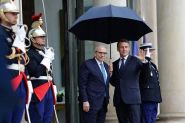
One month separates Lebanon from a critical juncture, one of the most sensitive in its modern history. At the end of August, the United Nations Security Council will decide whether to renew the mandate of the United Nations Interim Force in Lebanon (UNIFIL) for another year. The decision could either reaffirm the mission’s role or mark its termination if Israel succeeds in pushing through its demands.
Lebanon’s government has officially requested a one-year renewal of UNIFIL’s mandate without any amendments to its rules of engagement, amid growing concerns that efforts are underway to terminate the mission altogether. Prime Minister Nawaf Salam flew to Paris and returned with strong reassurances, reinforced by President Emmanuel Macron’s statement that “France will continue to stand by Lebanon at all times and in all areas.” Salam was informed of France’s firm commitment to maintaining UNIFIL’s presence in southern Lebanon and renewing its mandate, despite circulating scenarios, the worst being the termination of the mission.
Given these circumstances, the question remains whether UNIFIL’s mandate can be renewed for another year without any changes to its mission or authority, as Lebanon has requested. Will Israel succeed in pressuring Washington to end the mission by arguing that UNIFIL has failed to implement Resolution 1701, has been unable to prevent Hezbollah from establishing military sites, weapons depots, and rocket launch platforms, and that its patrols have frequently pulled back in response to protests from so-called local residents?
Diplomatic sources indicate that Israel is pushing to redefine UNIFIL’s mission and expand its authority, with Washington going along should attempts to end the mission outright fail. France has strongly opposed these efforts, warning that UNIFIL’s withdrawal could ignite widespread instability and an uncontrolled conflict across the region. A French official discloses that Paris convinced Washington of the urgent need to keep UNIFIL in place and renew its mandate, despite Israel’s persistent view that the mission is deemed unnecessary.
After Morgan Ortagus took over the Lebanon file following her appointment as deputy to US Ambassador to the United Nations Dorothy Shea (the former ambassador to Lebanon), with seasoned diplomat Tom Barrack replacing her in Lebanon, she reportedly met on the eve of the UNIFIL mandate renewal with key members of the Lebanese community. The meeting aimed to push forward a plan that had failed during her previous tenure in Lebanon, namely, border demarcation and Hezbollah disarmament. European diplomatic sources reveal that Ortagus seeks to introduce changes to UNIFIL’s mandate and powers to ensure freedom of movement and intervention, including the ability to raid weapons caches, detain individuals, and allow peacekeepers to use force in self-defense. Following this, Western officials reportedly informed Lebanese authorities of Ortagus’s plan, and it is rumored that she may visit Lebanon before the Security Council decision.
President Macron assured Prime Minister Salam that France supports keeping UNIFIL in place and remains the primary drafter of the resolution for a smooth mandate renewal. Paris has convinced Washington of the need to maintain these forces, fearing the risk of escalating instability. Sources indicate an international consensus firmly committed to renewing the mandate without changes, given the challenges of passing amendments. They also reject Israel’s demands to alter the rules of engagement and oppose placing the forces under Chapter Seven authority.
Still, the US has threatened to veto the mandate renewal if no changes are introduced — a move that could spell the end of UNIFIL. However, Washington may ultimately reverse course, recognizing that a withdrawal would inflame tensions, derail peace efforts initiated by President Donald Trump, and risk regional war.
Instead, the US is expected to advocate strengthening UNIFIL’s mandate by expanding its mission and powers to ensure more effective and rigorous enforcement. This shift comes amid evolving developments that require extending UNIFIL’s operations southward, eastward, and at sea following the demarcation of land and maritime borders with Syria to prevent arms smuggling and tighten control over land and sea border crossings.
Moreover, Washington, Paris, and Riyadh are working to expedite the finalization of the Lebanese-Syrian border and to formalize the southern border with Israel, which recognized this boundary in the 1949 Armistice Agreement, eliminating the need for any adjustments. According to sources, expanding UNIFIL’s mandate will not require a new Security Council resolution because it is already covered within the existing framework.
If Washington fails to secure its demands and conditions, it will seek to reduce UNIFIL’s budget, President Macron told Prime Minister Salam. This approach includes withholding financial contributions, reflecting the Trump policy of cutting spending and scaling back US participation in UN organizations, as seen with the withdrawal from UNESCO. Such a move would shrink the force’s manpower at a time when it may be needed most.
Sources reveal that President Macron assured Prime Minister Salam that France and other contributing countries will work to fill any resulting gaps. Macron also did not rule out amending the renewal resolution to guarantee freedom of movement, while keeping UNIFIL’s mission unchanged.
UNIFIL’s future will be at stake this August despite Macron’s reassurances, as Western sources reveal that Israel “is determined to prevent an international presence in the south that would expose its violations of the ceasefire agreement and Resolution 1701, particularly during the crucial period ahead.”




Comments